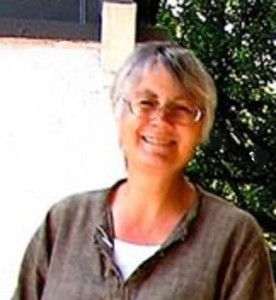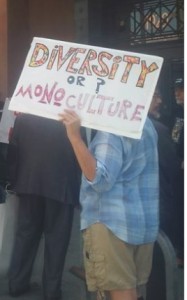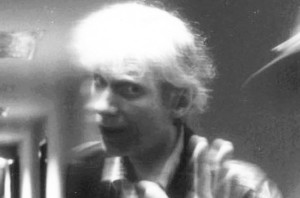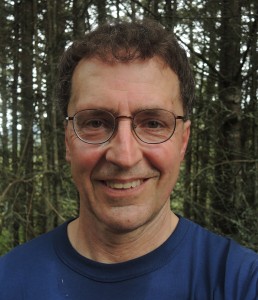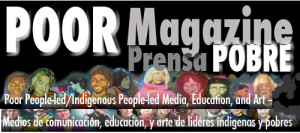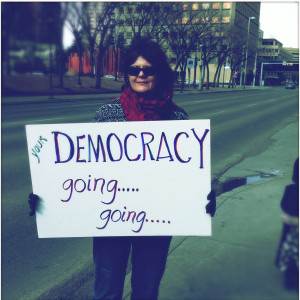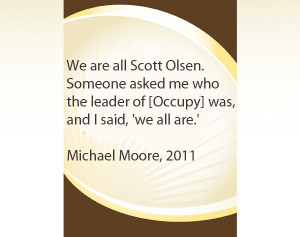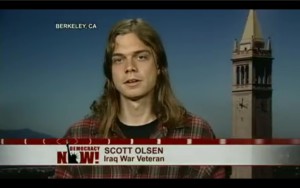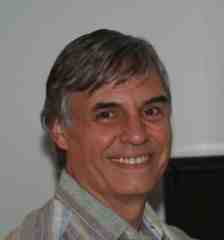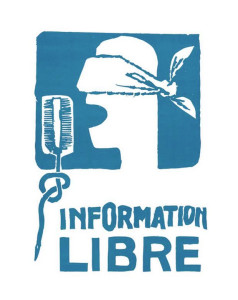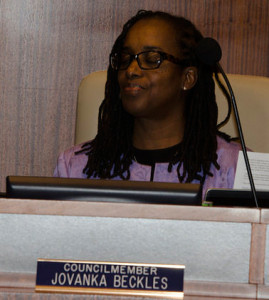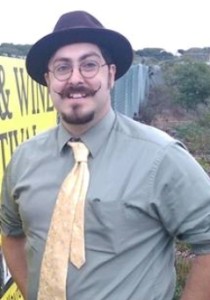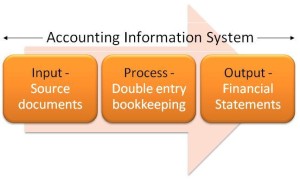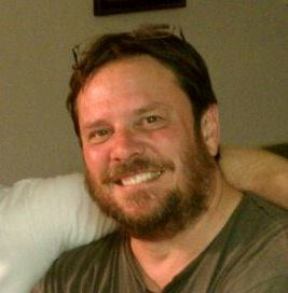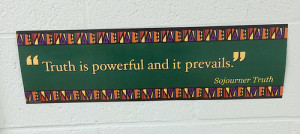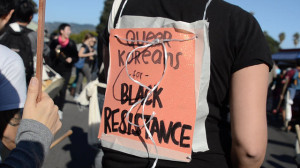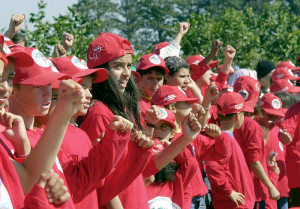Current LSB member, health care researcher, down winder, and longtime KPFA activist.
Virginia Browning here, incumbent Local Station Board member, radio lover, former programmer, activist. KPFA Election Committee 3-plus years; current member Pacifica National Programming and Governance committees.
I’ve come to understand the complexity of turning the relatively gargantuan Pacifica ship. Pacifica, license-holder to KPFA and four other stations, is a single legal entity. Successes and failures of each station affect all others: most of Pacifica’s Texas audience had no signal for over a year; Pacifica’s auditor, owed $55,000, couldn’t begin a year-behind audit required for funding millions of dollars; KPFA spends thousands on new carpets.
KPFA Finances in $ millions
2011 Revenue: $3.276; Expenses $3.522
2012 Revenue: $3.441; Expenses $3.475
2013 Revenue: $2.948; Expenses $3.295
2014 Revenue: $3.035; Expenses $3.526
I joined Maria Gilardin, then staff member Robbie Osman and others in alerting listeners about an unaccountable national board BEFORE 1999.
Over 10,000 of us took back KPFA and Pacifica. New bylaws, crafted network-wide by listeners and staff, were adopted.
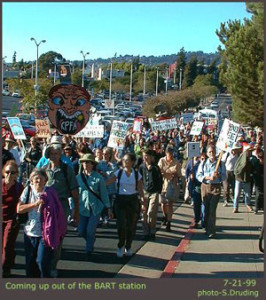
In 1999, thousands of KPFA listeners mobilized to save the station. Virginia Browning raised these issues when many were still unaware.
Photo by S. Druding.
But the enormous conflict-of-interest of paid on-air programmers serving as board members over their “managers,” and other bylaws oversights have left the organization in dire shape financially. Management ambiguity locally and nationally within the current structure has paralyzed accountability.
When listeners gained a voice at KPFA, some who fought the elitists did so for the their own reasons. KPFA includes some whose on-air personae and ease of expression have lulled many to unquestioningly support their power as de facto management.
But question we must! Those with a fervor for a more inclusive network ready to challenge corporate platitudes must retain the limited power the bylaws represent. In light of massive conglomeration of media everywhere, we must vote to keep Pacifica alive and strong.
Please read articles at this website and at Daniel’s Free Speech Zone. Add perspective (a KPFA tradition) to the slick distributions of “SaveKPFA” or better “Self-Interested-Son-of SaveKPFA” (SISOSK), who cleverly adopted the successful 90s name invented then by members of their current opposition. I urge you NOT to vote for any SISOSK members in this election. (Talented? Not as board members.)
I strongly support United for Community Radio (UCR)’s vision and work.
Can the current Pacifica structure be tweaked into shape following a fair board election? Some of the hardest workers for fair elections feel that even the fairest, most engaging on-air promotional extravaganzas will still create a national board bogged down by its size and intransigent members. Changes in governance are necessary but not sufficient to save Pacifica.
The current situation is so life-threatening to the whole topple-ready network that some from historically opposed factions nationally and locally, while retaining importantly different visions, have begun a consensus-building process to keep the network from being swallowed by the six who own 90% of U.S. media. New bylaws and new culture are required for Pacifica’s survival.
Contact me at callresponse[dot]radio@yahoo.com
Vote for 9+ UCR Candidates or independents ONLY
Many endorsers including Bruce A. Dixon, Barbara Lubin, Michael Parenti, Joe Wanzala, Ramsés Téon Nichols
Official Q. & A.
1. In what ways is the station moving in a positive direction, that you would want to continue or perhaps improve?
Expand the spirit of KPFA’s apprenticeship program. Listeners now appreciate the talents of some heavily-promoted programmers. But I think of Don Joyce, KPFA unpaid programmer for 34 years, recently-deceased. Few KPFA listeners knew of Joyce though there is no doubt he was a major world-influence in radio/audio art. KBOO-Portland played a tribute, often simply hypnotic. Joyce said collaboration produced his best work. I wish for KPFA that many new voices will, with access, patience, and promotion create various wonderful segments. Listening friends, colleagues, and communities strengthen KPFA. Those whose phrasings and connections are now familiar will have on-air time as well imparting knowledge and keeping ears open to new talent.
I support the video team members who have donated their talent, time, and videos. I’ll work to promote more accessible KPFA web links, so this popular technology can grow KPFA.
2. In what ways is the station moving in a negative direction, that you would want to stop or change? What changes would you work for?
KPFA revenue decreased $406,000 since 2012; expenses increased $51,000.
Board members’ visionless disparaging of website video offerings that would likely bring members and funds causes concern.
KPFA has the opportunity to host a diverse, enlightening, and interesting KPFA board election. Every election, de facto management prevents this, and no internal culture encourages it. Recently Pacifica National Board member Brian Edwards-Tiekert decried the burden of taking 5 minutes from 3 months of shows to inform listeners of this election. Contrast U.S. Elections: considered so fascinating we await weeks of on-air coverage, though the outcome is strictly confined.
United for Community Radio works for a more welcoming, accessible hub for diverse listeners meeting together. Hearing from poorer folks with incisive visions for change is needed. This can be exciting and engaging with access and encouragement. Diverse sources are needed for more cutting-edge, less wire-source news.
3. What key experience, connections, skills or traits would you bring to the Local Station Board to advance the station’s mission?
Incumbent, KPFA board; past radio programmer, radio lover, activist. previous: KPFA Election Committee; current: Pacifica National Programming and Governance committees.
Institutional memory and attention: I worked with many to preserve KPFA in the 90s. New bylaws gave hope to our progressive network.
But complex bylaws intended as safeguards, and the conflict-of-interest of paid broadcasters serving as board members over managers, have left Pacifica in dire shape financially. Management ambiguity within the current structure has paralyzed accountability:
Pacifica Board treasurer Edwards-Tiekert of the “SISOSK” faction (see above), previously falsely accused Pacifica of “raiding KPFA’s bank accounts” (purposely conflating the pre-and-post ’99 boards) in numerous venues, damaging Pacifica’s reputation. With his chosen management in place, he notes 7/9/15 that to not grab funds from any network source is a “failing in its duty of care.”
Pacifica must change to survive.
4. What ideas do you have for helping the station and the Pacifica Foundation meet the financial challenges currently being faced?
Some 250 workers create KPFA, around 220 unpaid. Staffing levels fluctuate. Getting accurate payroll numbers is challenging. Paying currently unpaid workers at the rate of the 20-35 paid staff is not affordable. This attainment seems unlikely even with a star development director, billboards, web charisma, exponentially-more outreach than now, and simple recognition that the video help being offered could bring funds to dangerously-ailing KPFA/Pacifica. I will work for each of these things and more, because the network is close to bankruptcy.
Each half-time union member receives full benefits. Paid staff must work at assisting and learning from the unpaid staff members who keep KPFA going. Workers’ co-op: sounds radical, but a small cadre thriving by undermining others is marketing chaos. Self-interest is not cooperation. Listener-members deserve to know what they pay for. I will continue to advocate operating within a sustainable budget. United for Community Radio.

